"To tell the truth" is a game show originally broadcasted in the 1950’s. Three challengers are introduced, all claiming to be the central character. The announcer typically asks the challengers, "What is your name, please?" Each challenger then states, "My name is “John Doe.” Then the host reads aloud about John Doe. Sometimes they picked the right John Doe and sometimes not. Those challengers were not under oath to tell the truth.
When a witness is called to testify they are placed under oath. “Do you swear or affirm that the evidence you are about to give will be the truth, the whole truth, and nothing but the truth?” (Florida Statute § 90.605).
I advise clients to tell the truth because if you are honest you do not get caught in a lie upon cross examination or because of testimony from other witnesses. Despite this advice, clients are reluctant to tell the whole truth to their attorney. Attorneys may not reveal a client’s statement unless there is a superior legal obligation requiring disclosure.
The Judge gets to determine the facts in family law and divorce cases. As I advise my clients in divorce and family law matters, you should tell your attorney the good, the bad, and the ugly so they can be prepared to represent you fully.
"I've Got a secret," also a game show from the 1950's, was similar. In this game show the panel tried to determine a contestant's "secret". Secrets were always intended to be unusual. They included secrets about something that happened to a person, owning something, or an occupation, etc. Sometimes clients keep secrets. Sometimes they stay a secret and sometimes the secret comes out at the worst possible time. Do you want to take that chance? A client should help their attorney not hurt there case by keeping secrets.
In a paternity case, my client, the mother, failed to tell me she was an escort besides her main employment. I suppose she was ashamed or thought this was not going to come out in court. When I went to court the father had a witness, also an escort, testify about my client's second job. I was blindsided by the testimony because she never revealed this secret prior to the actual testimony. I questioned the Father about how he knew my client. I discovered, in court, that the father met my client while she was working as an escort. It would have been best had I known the truth in advance. The consequences of keeping a secret can be dire.
No attorney can guarantee a result because they do not know all the testimony, they do not know if their client has revealed the truth or has kept secrets.
Client’s should know that if they tell their attorney everything it is better for them because the attorney can deal with the facts in advance rather than be surprised when testimony comes out in court.
Lying under oath is called perjury and subjects you to court sanctions and criminal charges. In Florida, perjury is a third-degree felony punishable up to five years in prison and a five thousand dollar fine for each instance.
An attorney has ethical responsibilities to the court not to present false testimony. In family court, honesty is the best policy, because if the Judge thinks you are lying they can disbelieve all of your testimony and rule for the other party just because you told a lie. Judges know that we all have problems and there is good and bad in all of us. To tell the truth is a legal obligation, not just a moral one and keeping secrets from your attorney is a bad idea.

